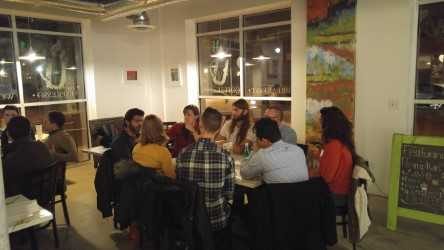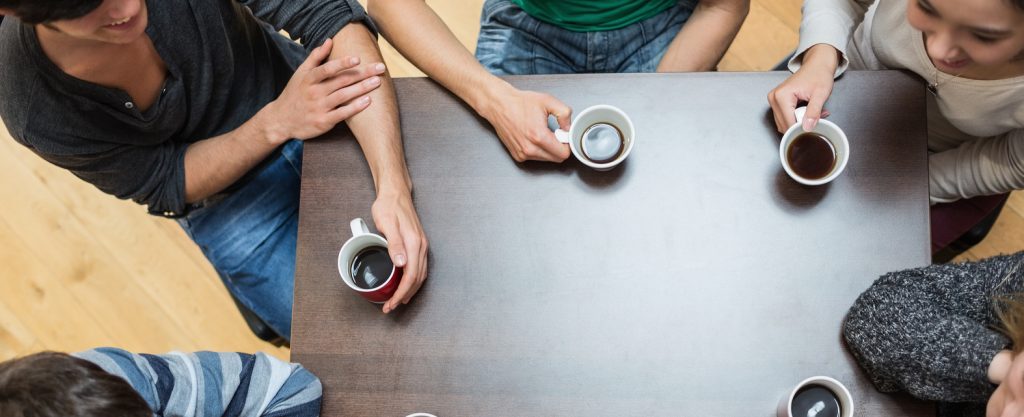
The first time I saw Mr. Smith Goes to Washington, I was captivated. The fact that my high school civics teacher would show a dated, black-and-white film to a classroom of rowdy high school juniors enjoying the onset of a much more fast-paced, digital age was always going to be an ambitious choice, but I absolutely loved it. My growing fascination with politics found a fitting companion in the classic plot of an idealistic simpleton taking on a corrupt Senate. I too wanted to be Jefferson Smith, in the 23rd hour of his arduous filibuster with seemingly the entire country against him, fighting the good fight. The bad guys in that movie were emblematic of a system, and not limited to the “R” or “D” denoting one’s party affiliation.
Today, however, our information-saturated age, widespread social media usage, and the increasing ideological echo chambers most of us (myself included) largely live in, mean that series featuring crude, ends-justify-the-means anti-heroes like House of Cards are the apex of political drama. That is, of course, during the few times when those of us on different sides of the political aisle are even watching the same show. Screaming heads on MSNBC and Fox News paint incredibly different pictures of America, as do slickly-made but nuance-free clips from the Young Turks or PragerU, or unabashedly partisan hit pieces from Mother Jones and the National Review. Sadly, in spite of alarming statistics on our growing levels of political polarization by researchers from Pew and other organizations, Americans have become used to demonizing the “other”.
Continue Reading
